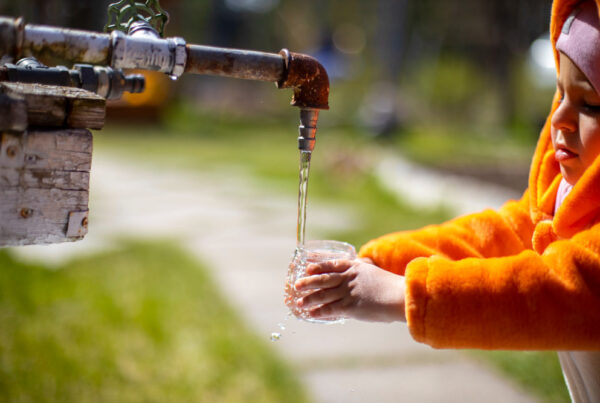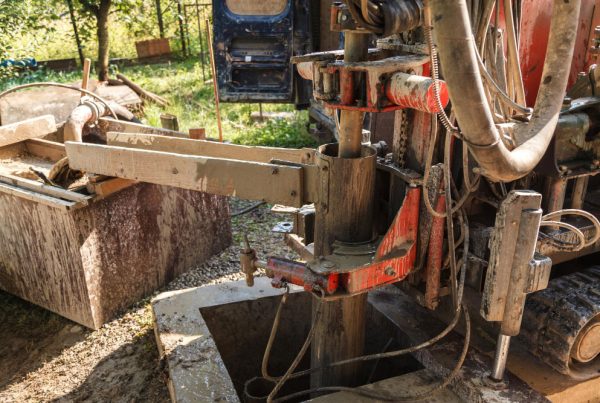Water well drilling is essential for providing access to clean groundwater in many regions, especially in rural and agricultural areas. However, while it is a critical resource, drilling can have significant environmental impacts if not properly managed. From contamination risks to the disruption of natural ecosystems, understanding and mitigating these impacts is vital for sustainable water resource management. In this article, we will explore the potential environmental risks of water well drilling and outline effective strategies for mitigating these risks.
1. Groundwater Contamination
One of the most significant environmental risks associated with water well drilling is the potential for groundwater contamination. During the drilling process, if the well is not properly sealed or constructed, pollutants from the surface—such as chemicals, fertilizers, or waste—can infiltrate the groundwater supply. This contamination poses a serious health risk for communities that rely on wells for drinking water.
Mitigation Strategies:
- Proper well casing and sealing techniques to prevent surface pollutants from entering the groundwater.
- Regular monitoring of groundwater quality to detect contamination early.
- Using non-toxic drilling fluids that minimize the risk of chemical leaching into the water supply.
2. Over-Exploitation of Aquifers
Excessive water extraction from wells can lead to over-exploitation of aquifers, resulting in lowered water tables and the depletion of water resources. This over-extraction can also cause land subsidence and reduce the natural recharge rate of aquifers, leading to long-term environmental degradation.
Mitigation Strategies:
- Implementing water use regulations to ensure sustainable extraction levels.
- Monitoring water table levels regularly to prevent excessive depletion.
- Encouraging the use of water-saving technologies and practices, particularly in agriculture and industry.
3. Ecosystem Disruption
The drilling of water wells can disrupt local ecosystems, particularly in areas where groundwater contributes to maintaining the health of wetlands, rivers, or lakes. Alterations in groundwater levels can affect plant and animal species that depend on these water sources, leading to habitat loss and changes in biodiversity.
Mitigation Strategies:
- Conducting environmental impact assessments (EIAs) before drilling to understand the potential effects on local ecosystems.
- Limiting drilling in ecologically sensitive areas, such as wetlands or protected reserves.
- Replenishing ecosystems by promoting groundwater recharge through sustainable land management practices.
4. Soil Erosion and Sedimentation
The drilling process can disturb the soil around the well site, leading to erosion and sedimentation. Sediment runoff into nearby water bodies can reduce water quality, negatively affecting aquatic life and local water supplies.
Mitigation Strategies:
- Using erosion control measures, such as silt fences or vegetation buffers, around drilling sites.
- Minimizing land disturbance by properly planning the well location and drilling methods.
- Implementing post-drilling land rehabilitation techniques to stabilize the soil.
5. Energy Use and Emissions
Water well drilling often requires significant energy inputs, especially for deep wells or wells in hard-to-reach areas. The use of fossil fuels to power drilling equipment contributes to greenhouse gas emissions, impacting air quality and contributing to climate change.
Mitigation Strategies:
- Using energy-efficient drilling equipment and renewable energy sources where possible.
- Reducing the carbon footprint by adopting low-emission technologies for drilling operations.
- Promoting local and small-scale water well drilling to reduce the need for energy-intensive long-distance water transportation.
Conclusion
While water well drilling provides vital access to groundwater resources, it is crucial to manage its environmental impacts responsibly. By implementing sustainable drilling practices, monitoring groundwater levels, and using eco-friendly technologies, it is possible to minimize the risks associated with water well drilling. Proper risk management not only protects natural ecosystems but also ensures that future generations can continue to benefit from clean and abundant groundwater supplies.





